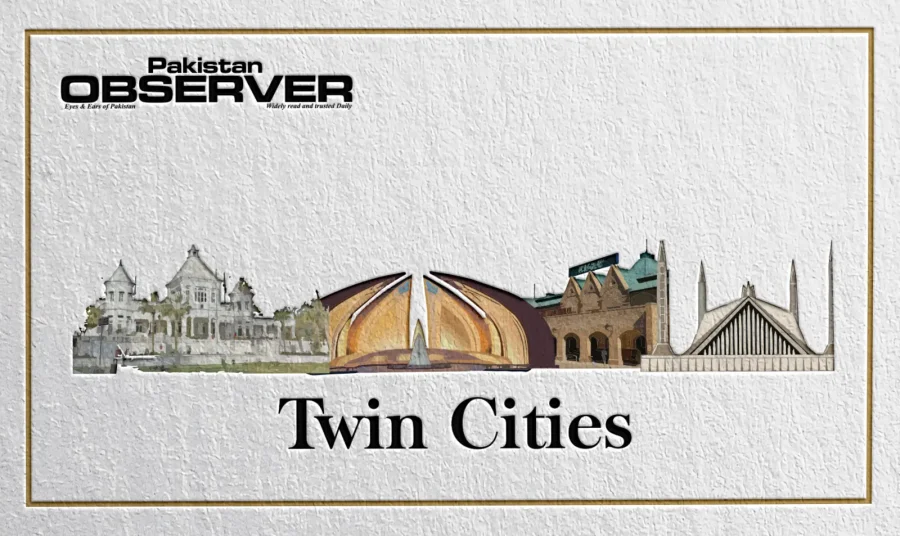Zubair Qureshi
The India Study Centre (ISC) at the Institute of Strategic Studies Islamabad (ISSI) organized an in-house session on the on-going 18th LokSabha elections in India. The discussion was attended by diplomats, academics, practitioners, and researchers of various Islamabad-based think-tanks.
The participants exchanged views on the length and breadth of the 7-phase electoral process; relevant developments including issuance of major parties’ election manifestos; the tone and tenor of the election campaign by various parties; the role of the Indian Election Commission; the political dispositions and likely inclinations of the various regions of India from the North to the South; and the approaches of the Indian media and civil society.
It was noted that a divisive and polarizing rhetoric was griping the general environment, while several government ministers had pointedly invoked Pakistan in their campaign shenanigans to garner electoral dividends. Analysts felt this did not portend well either for India’s internal social harmony or for its external engagement in the neighbourhood.
The experts also underscored the importance of extreme vigilance by Pakistan as desperation on the part of the ruling dispensation in India could lead to any ill-considered misadventure (false flag). In terms of Pakistan-India relations, it was deemed purdent to await the final outcome of the elections and its aftermath and then to make a realistic assessment including the steps India would be prepared to take to create a conducive environment for a result-oriented dialogue process on all outstanding disputes.
The 7-phases of the voting in the Indian elections will be completed by June 1 and the results announced on June 4, 2024.










